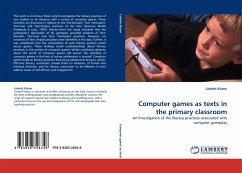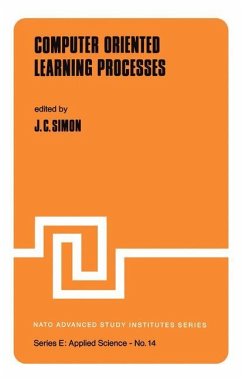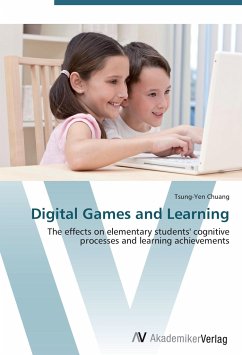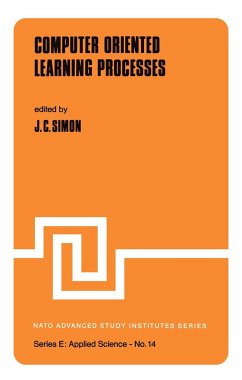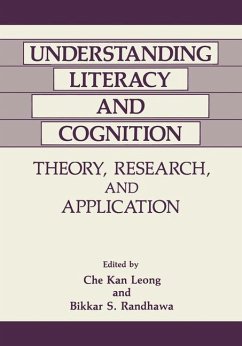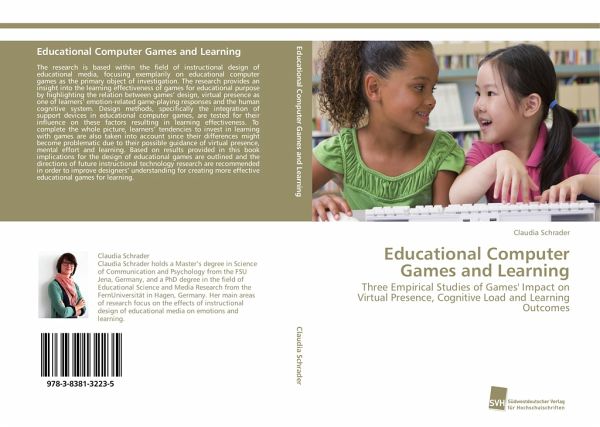
Educational Computer Games and Learning
Three Empirical Studies of Games' Impact on Virtual Presence, Cognitive Load and Learning Outcomes
Versandkostenfrei!
Versandfertig in 6-10 Tagen
64,99 €
inkl. MwSt.

PAYBACK Punkte
32 °P sammeln!
The research is based within the field of instructional design of educational media, focusing exemplarily on educational computer games as the primary object of investigation. The research provides an insight into the learning effectiveness of games for educational purpose by highlighting the relation between games' design, virtual presence as one of learners' emotion-related game-playing responses and the human cognitive system. Design methods, specifically the integration of support devices in educational computer games, are tested for their influence on these factors resulting in learning e...
The research is based within the field of instructional design of educational media, focusing exemplarily on educational computer games as the primary object of investigation. The research provides an insight into the learning effectiveness of games for educational purpose by highlighting the relation between games' design, virtual presence as one of learners' emotion-related game-playing responses and the human cognitive system. Design methods, specifically the integration of support devices in educational computer games, are tested for their influence on these factors resulting in learning effectiveness. To complete the whole picture, learners' tendencies to invest in learning with games are also taken into account since their differences might become problematic due to their possible guidance of virtual presence, mental effort and learning. Based on results provided in this book implications for the design of educational games are outlined and the directions of future instructional technology research are recommended in order to improve designers' understanding for creating more effective educational games for learning.



